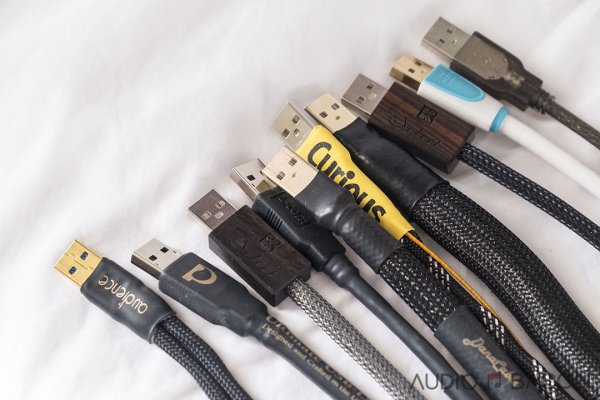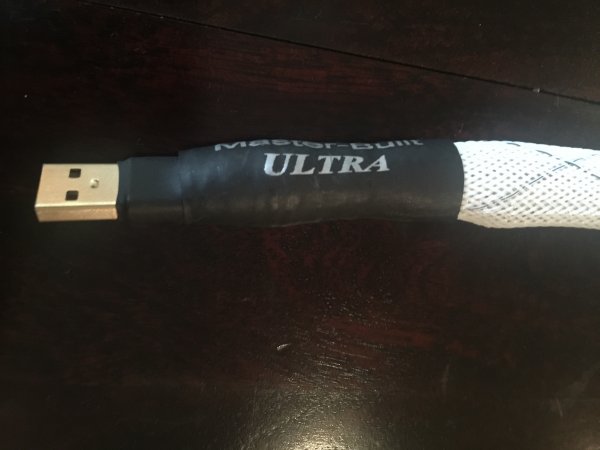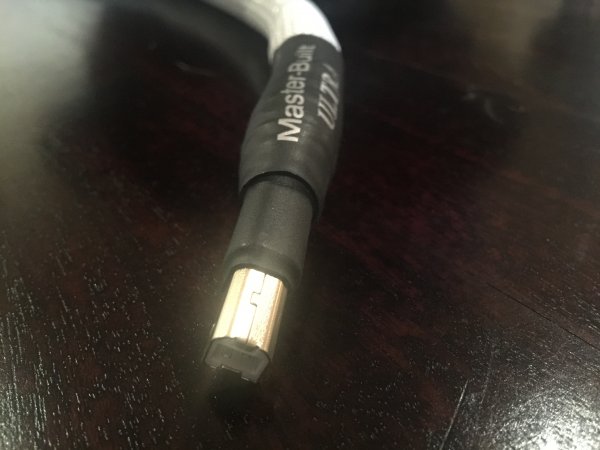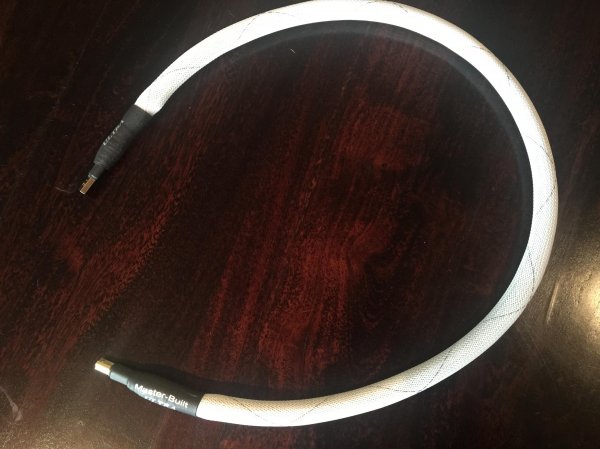I have seen threads here on different ethernet cables sound different and now we read here that USB cables sound different. How is this possible when all that is being transmitted are 0's and 1's.
I am far from a skeptic because my listening experiences do suggest there is an audible difference
I ask this question because now along comes the Master Built Ultra Ultra USB cable which I will be auditioning in the coming weeks. From everything that I have been reading this MB USB cable sonically takes things to a totally different level that is leaving listeners speechlesss. I am looking forward to the audition and sharing my experiences here. My overall experience with my MB Ultra loom has taken my sound system to a totally different level so I am more than curious about their version of a USB cable even though it has an MSRP in the ozone
I understand that the MB engineers have done something which isolates the data but this apparently is nothing new
So my question is whether others have been hearing improved sonics with different makes of USB cables and if so what differences are you noting
I am far from a skeptic because my listening experiences do suggest there is an audible difference
I ask this question because now along comes the Master Built Ultra Ultra USB cable which I will be auditioning in the coming weeks. From everything that I have been reading this MB USB cable sonically takes things to a totally different level that is leaving listeners speechlesss. I am looking forward to the audition and sharing my experiences here. My overall experience with my MB Ultra loom has taken my sound system to a totally different level so I am more than curious about their version of a USB cable even though it has an MSRP in the ozone
I understand that the MB engineers have done something which isolates the data but this apparently is nothing new
So my question is whether others have been hearing improved sonics with different makes of USB cables and if so what differences are you noting

Last edited by a moderator:













